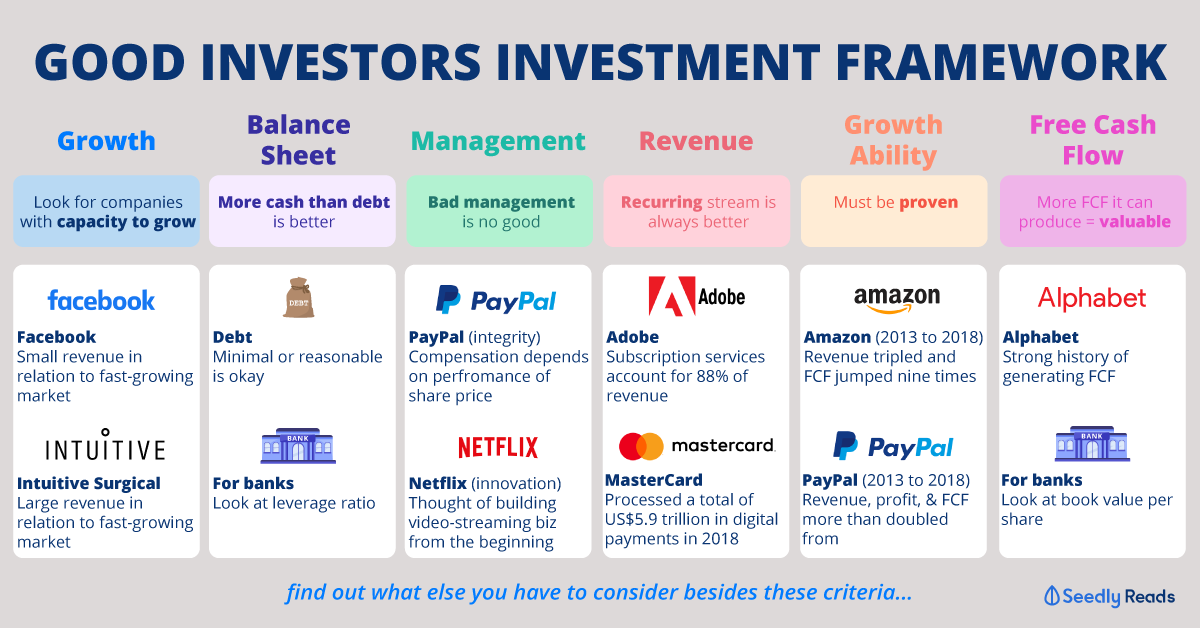Advertisement
Discussion (2)
What are your thoughts?
Learn how to style your text
Hariz Arthur Maloy
29 Mar 2019
Independent Financial Advisor at Promiseland Independent
Reply
Save
Hello!
Returns are usually earned through
1) the dividends on stocks and interest on bonds held in the fund's portfolio. A fund pays out nearly all of the income it receives over the year to fund owners in the form of a distribution.
2) Mutual funds also passes on capital gains to investors in a distribution. A capital gain occurs when the fund sells securities that have increased in price.
Hope this helps!
Reply
Save
Write your thoughts
Related Articles
Related Posts
Related Posts
Advertisement









It would depend on the underlying asset of the fund and the investment decisions by the fund manager minus fees.
A fund just helps you buy the underlying asset by pooling all investors' money together.
The fund manager makes a decision on what to buy to give you what you want.
Example: A US Equity Low Volatility Large Cap Fund would try to buy exactly that. Large Cap stocks that have low volatility.
If you think doing the above will give you positive returns, you then buy into the fund, give your money to the fund manager, and he will buy the stocks he chose on your behalf.
When you sell the fund, you'll get the net asset value of your investment.
So different funds investing in different things in different ways will give you different returns.
But if you follow Modern Portfolio Theory and try to have a globally diversified portfolio using actively managed funds, you can get 6-8% returns per annum on a moderately aggresive portfolio in the long run (above 10 years).